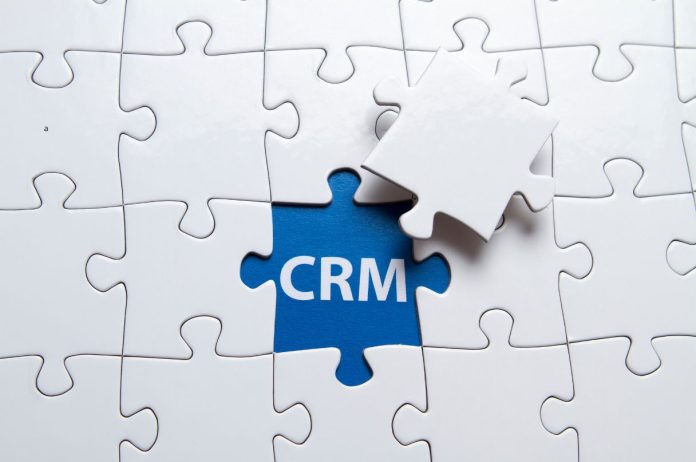“I’m not seeing results.” This is a very common phrase in the market uttered by clients looking to take their first steps in the world of digital marketing, but without the initial preparation that serves as the foundation to perfectly demonstrate the delivery of results by professionals in this field, creating reports becomes difficult.
Achieving these effective results in itself is not complex; the problem, in fact, lies in collecting data to present numbers that can support the perception of the work, which is not simple and requires investment in a tool that will be the key to these objectives: CRM (Customer Relationship Management).
Although still heavily associated with achieving goals, many forget or do not understand that marketing can have multiple objectives, such as being commonly used by small and medium-sized businesses solely for lead generation. However, when this process is conducted directly on certain platforms without the support of robust tools that control lead arrival and guide them through a journey aligned with their profile, there is a significant risk of losing data related to exit reasons, as well as a lack of control over the sales team’s performance.
Avoiding these losses, by applying the tools provided by customer management systems, known as CRM, companies can work with conversational marketing, adopting real-time conversations as a central strategy to engage their leads and guide them through each stage of the buying journey. Thus, the company and its team can create genuine and engaging experiences with an empathetic and personal touch, strengthening connections with their consumers.
This need has been recognized in the market since the 20th century when CRMs were first implemented manually through the Rolodex, a paper-based contact list. In 1987, however, the first software similar to modern CRMs entered the market, named “ACT!”. The point to highlight here is the observed need for such a tool in the digital field since the last century.
Today, according to research by Nucleus Research, which aims to provide ROI (Return on Investment)-related studies, it was found that for every dollar invested in a CRM, eight are returned to the company. We’re talking about an 800% return—meaning the money spent on hiring one of these applications pays for itself and additionally brings profits to the company.
However, even in the face of undeniable data and so many international businesses that already incorporate CRM into their routines, many companies are still reluctant to bet on a tool that has been on the market for nearly four decades. As a result, besides losing potential clients, they also lose data related to the handling of these leads, as well as their reasons for dropping out.
A satisfied customer is not only likely to become loyal to the brand but also to recommend it organically to many others. And if your company doesn’t want to lose ground to competitors and precisely understand your consumers’ journey to convert them into a memorable experience, turning to CRM will no longer represent a technological cost but rather a long-term investment that will be essential to consistently boost your sales, profitability, and prominence in the industry.


